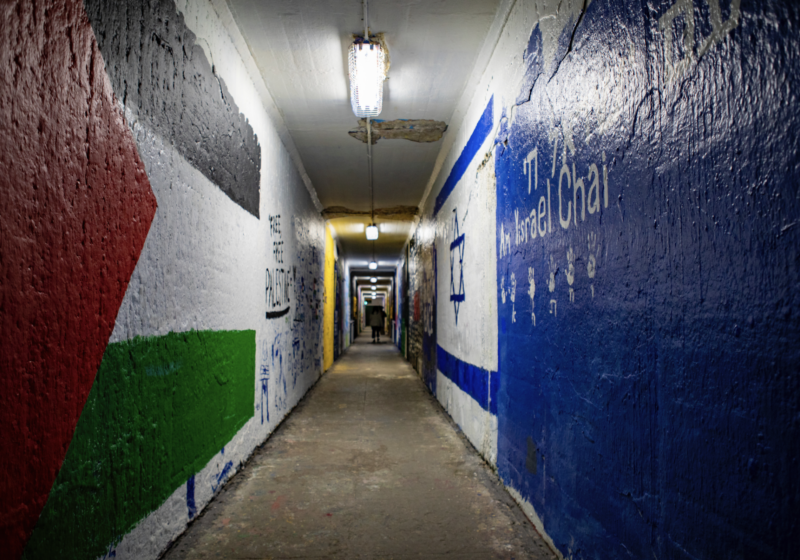I have two friends who, despite having been best friends with each other since elementary school, could not be more different in their approaches to their UR educations. One friend has had the same major for all his time here, and he has known what he wants to do with his life for some years. He wants to be a math teacher because he was inspired by his AP Calc teacher in high school. He’s majoring in math and is on a clear path to completing his major with plenty of time to spare.
My other friend has had a different major each of the three semesters he’s been here, and he’s still not satisfied with the major he’s picked. He started off in a very hard natural science, then a slightly less hard natural science, and now he’s studying a social science. He just can’t find an academic field he’s interested in enough that he can imagine himself continuing with it for four years, not to mention the rest of his life.
I don’t want to overgeneralize my friends’ situations, but I think they are pretty much at the opposite ends of the spectrum in terms of what college is doing for them. One knows exactly what he wants to do and has come here to get qualified for that, and the other is using his time here to explore different options and to experience the college life.
There’s another difference between the two: my mathematician friend could drop out right now and teach math perfectly fine. He already makes hundreds of dollars a week tutoring people of all ages in math. The distance between him and his high school calc teacher is not very great. My other friend and his future are separated by a chasm wider than his eye can see.
So, having introduced these two characters, I ask: why are they in college? The mathematician is in a field that demands reevaluation by society. The pipeline that produces teachers in America has evolved from teachers needing nothing more than secondary education to them going to “teachers’ college” to them going to full-fledged colleges as we see today.
Maybe the liberal arts model need not apply to our educators. People who want to be teachers are already didactic – they chose their fields because they have natural intellectual proclivity. And, though it is no doubt fun for my friend to spend time in college, perhaps his time could be better spent in more direct teacher training or volunteering around the country and world in programs such as Teach for America and City Year.
The other friend, though his personal situation is of course complicated, is an example of another type of person whose being in college is part of a larger problem that I think stems from the overbroad nature of American secondary education. I’m not saying he should give up and drop out – quite the opposite. I’m saying that the educational system should be doing more for this kind of person too. Of course, he can take some boring job behind a desk, some job that he wouldn’t like but would pay well, but he shouldn’t have to settle for the rest of his life.
Both of my friends will probably turn out fine. They were smart and well-rounded enough to get into UR and handle the work. But because of the friction between where they are and where the educational system expects the average student to be, they’re missing out. Education in America has become an inexorable train that once disembarked cannot be re-boarded. There must be more stations along the way to cater to the various destinations where students may be going.
Kadir is a member of
the class of 2017.





